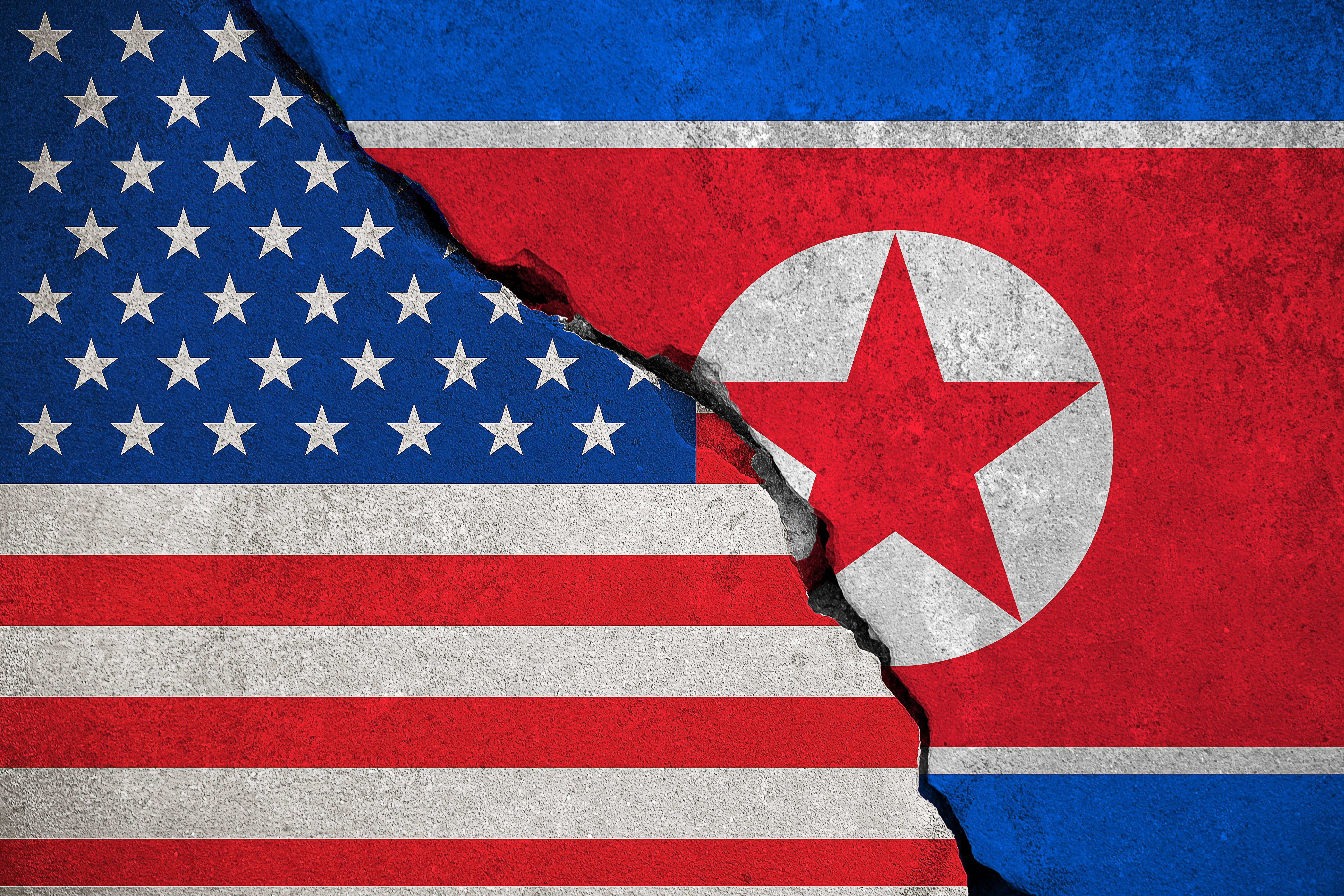The possible meeting between the U.S. and North Korean governments marks the first that leaders from both nations have officially talked. Beyond the impact on the relationship between the U.S. and North Korea, these talks could influence geo-political situations across the world as well as how countries conduct their cyber operations. In a series of blog posts, Cybereason will explore the challenges surrounding this potential meeting as well as how these talks could influence global foreign policy and hacking campaigns.
The abrogation of the Iran nuclear deal combined with National Security Advisor John Bolton’s attempts to advocate for a Libya-style denuclearization of the Korean peninsula have led to the first reversal of North Korean relations with South Korea and the U.S. since rapprochement began in January. The Trump administration, in less than a week, demonstrated that deals focusing on a single, contentious issue will not be upheld and that the U.S. is seeking a policy of unconstrained options while attempting to negotiate away the only true guarantor of regime survival in North Korea.
The nuclear program is a chip that can only be played once and must be used to fundamentally alter the security situation in East Asia. Anything short of that and North Korea will have squandered 20 years of development and hardship for what will ultimately result in the ending of the Kim regime. The U.S.’ recent track record with negotiating the end of weapons of mass destruction programs has resulted in the demise of two countries and seemingly unconditional support for a two-front proxy war against the third. A complete dismantling of a nuclear program appears to result in a 70 percent chance of regime change. As a person who is arguably interested in living, Kim Jong-Un is unlikely to be comforted by the bellicosity coming from Washington.
The complete eradication of nuclear weapons and ICBMs from North Korea as a precondition for economic relief and other enticements creates an untenable position for Kim. Every step along the path to denuclearization reduces the regime’s ability to compel the U.S. to abide by its end of the bargain while increasing the U.S.’ ability to operate as it sees fit. North Korea would be at the mercy of China and to a lesser extent South Korea to ensure that the U.S. does not enact a regime change policy after denuclearization like it did against Libya during the color revolutions.
Laying the groundwork for brinkmanship
Furthermore, there is no historical precedent for these talks. The U.S. has never successfully denuclearized a country that had both a successful ICBM program and nuclear weapons, let alone a country that is largely viewed as hostile to U.S. intentions. The closest examples would be the South African government giving up their weapons or the former Soviet Republics allowing the weapons left in their country after the fall of the Soviet Union to either be repatriated or destroyed. In both cases there was significant financial inducements and largely good diplomatic relations. While the U.S. may view this as an opportunity to strong arm a small nation into complying with America’s worldview, North Korea more likely views this negotiation in terms of the START treaties.
This perception gap is going to lead to a significant, early breakdown in negotiations, leading to the potential for both sides to act rashly in an attempt to show resolve and demonstrate why this course is the best way forward. The recent warning shot fired by North Korea regarding the joint military drills and referencing Bolton’s use of the Libya template has already laid the groundwork for more brinkmanship. From North Korea’s perspective, they have already provided conciliatory measures by releasing the American prisoners and agreeing to dismantle the known nuclear site. For the South Koreans in particular, but also the Americans, not reciprocating makes the North fear a perception gap that will have the Americans approaching the DPRK as a small country to be bullied rather than as a peer looking for an equitable exchange on core national interests.
Using cyber to inflict personal pain on Trump
North Korea currently lacks many options to force the U.S. into working inside a START framework. Almost all of its military and foreign policy capabilities are defensive at this point. The one exception is its cyberprogram. And, unfortunately, this is one domain where North Korea can impact the Trump brand in a way that it could not against any other President.
Instead of going against highly government secure assets, North Korea can significantly harm the Trump brand by going after Trump hotels and properties, bringing significant personal pain to the person who ultimately decides how the negotiation process proceeds. This route provides North Korea with several options to slowly escalate the pressure. The initial attack could be as mundane as going after the electronic locks in some of the Trump hotels in a similar fashion to what happened in Austria, or a traditional smash and grab as we saw with InterContinental Hotels last year when registers were compromised with malware that stole guests’ credit and debit card information. North Korea could also follow in Iran’s footsteps and go after Trump equities in the same way the Iranians went after Las Vegas Sands in 2014. Finally, they could take a page out of Russia’s playbook and attempt to leverage information stolen from corporate networks in an attempt to embarrass or implicate the Trump corporation in nefarious dealings.
These actions would be less likely to result in reprisals greater than what North Korea experienced for the Sony attack because of the political optics and potential constitutional constraints a large departure from past precedent would cause.
To read more on the challenges surrounding the upcoming talks between the U.S. and North Korea, check out these blogs:





